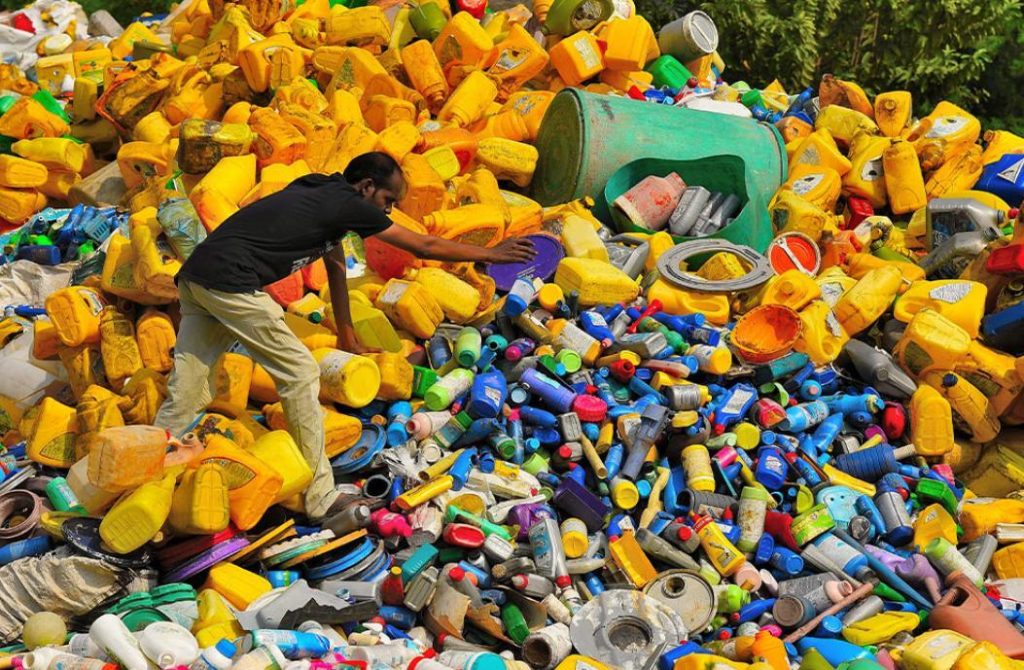
Breakthrough: Plastic Recycling Uses Just Air and Catalyst
The world is facing a plastic waste crisis. Every year, millions of tons of plastic are thrown away, ending up in landfills, oceans, and other ecosystems. The consequences are devastating, from harming marine life to contaminating our food chain. In a significant breakthrough, Northwestern University scientists have developed a revolutionary method to recycle plastic using air moisture and a molybdenum-based catalyst. This innovative approach breaks down 94% of PET plastic in just 4 hours, offering a cleaner, energy-efficient solution to plastic waste.
The traditional methods of plastic recycling involve using harsh chemicals and solvents, which can be costly, energy-intensive, and even harmful to the environment. The new technique, published in the journal Science, is a game-changer. By harnessing the power of air moisture and a specially designed catalyst, the researchers have created a low-cost, solvent-free process that can efficiently recycle plastic.
The process begins with the use of a molybdenum-based catalyst, which is mixed with plastic waste. The mixture is then exposed to air moisture, allowing the catalyst to break down the plastic molecules. The result is a depolymerized plastic that can be reused to create new products.
The benefits of this innovative approach are numerous. For one, it reduces the need for harsh chemicals and solvents, making it a cleaner and more environmentally friendly option. Additionally, the process is energy-efficient, requiring minimal energy input. This means that the production of new plastic products can be powered by renewable energy sources, further reducing the carbon footprint of plastic recycling.
The potential impact of this breakthrough is significant. According to the United Nations, if current waste management trends continue, there will be more plastic than fish in the ocean by 2050. The consequences of plastic pollution are far-reaching, from harming marine life to contaminating our food chain. By developing a more efficient and environmentally friendly method of plastic recycling, we can reduce the amount of plastic waste that ends up in our oceans and landfills.
The Northwestern University researchers believe that their innovation could revolutionize the recycling industry. “We’re excited about the potential of this technology to transform the way we recycle plastic,” said Dr. Jennifer Hollaway, the lead author of the study. “Our approach has the potential to reduce the amount of plastic waste that ends up in landfills and oceans, while also reducing the energy and resources needed to produce new plastic products.”
The impact of this breakthrough extends beyond the recycling industry. It has the potential to transform the way we produce and consume plastic products. With a more efficient and environmentally friendly method of recycling plastic, we can reduce the need for virgin plastic production, which is a significant contributor to greenhouse gas emissions.
The future of plastic recycling looks brighter than ever, thanks to the innovative work of the Northwestern University researchers. This breakthrough has the potential to make a significant impact on the environment, reducing the amount of plastic waste that ends up in our oceans and landfills. As the world continues to grapple with the challenges of plastic pollution, this new method of recycling plastic using air and a catalyst offers a cleaner, energy-efficient solution.
Source:
https://ascendants.in/globally-trending/plastic-recycling-waste-air-moisture/






